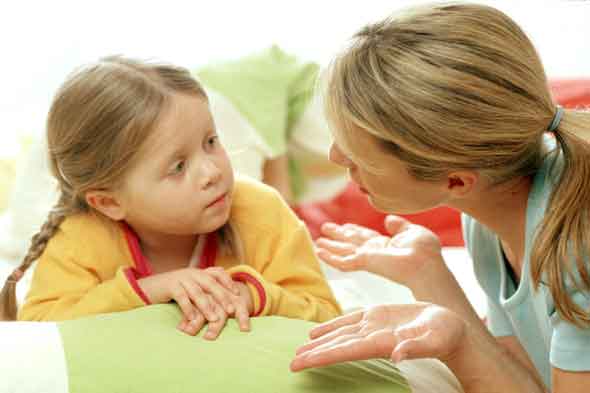As parents, we want to shield our children from the unpleasant aspects of life. We never want them to experience loss and grief, but we know it will eventually come. Whether it is the loss of a pet, a friend, or a family member, death must eventually be addressed with our children. Rather than avoiding and protecting children from the inevitable, we should use death as an opportunity to teach and to help them grow and mature.
Before discussing death with our children, it would be good to first understand the following principles:
- Children are not miniature adults. They will not think, reason, or react as adults. We must not expect them to process death with the maturity of an adult.
- Children are naturally curious. They may have questions that seem trivial or even inappropriate if one were an adult, but they are serious to the child. Treat these questions with patience and their feelings with respect
- A child’s comprehension will depend on age and previous experiences with death in their lives.
With these broad principles understood, the following are some points to consider as we attempt to help our children understand death and dying:
- Explain death in terms that a child will understand. You may say that “dead” means that the body isn’t working anymore. When the heart stops beating and the brain stops working, the body dies. When people get old, the body wears out.
- If the person has been sick, you might explain that some illnesses are easily fixed with medicines, and some are so big that a doctor cannot fix them. You don’t want a child to be afraid that a typical illness for them, or for you, will necessarily lead to death.
- In the case of a sudden accident, you may explain that it was a very sad event and their injuries caused their body to stop working.
- In the death of a Christian, explain that when the death occurs, there are angels waiting to take the soul away. His body stays on earth, but the soul that is inside has gone to God. His body has no pain. Wile the body will be buried in the ground, the soul and memory are still alive.
- Do not use euphemisms such as someone being “asleep” or they “went away”, or they “have gone”. Children are very literal thinkers. Associating sleeping with death will likely result in feeling fearful and anxious. They may be concerned that they will not awaken from their sleep, or that a loved one will not return from a trip.
- Encourage children to ask questions. You will not have all the answers, but be open. Always answer questions accurately, simply, and honestly with direct answers. Young children cannot handle too much information at once.
- Children do not understand the finality of death. Don’t be surprised to have questions asked repeatedly. Just continue to patiently answer the questions and reiterate that when someone dies they are not coming back.
- Give children correct Biblical information. For example, people do not become angels when they die. And there is no Biblical passage teaching that the dead look down upon and observe those who are still living on earth.
- Explain funeral rituals to a child. Discuss all the events of the viewing and the funeral. They may have questions about the body like if they can see or hear what is happening. They may wonder why people are crying, why they are put in a casket, what happens when they are put in the ground, and a host of other things.
- Discuss what Heaven is like. There are no tears, no pain, no death, and no sadness. We get to see God and Jesus and all those wonderful people who have already died.
- Expect various reactions when a loved one dies. Children may feel sadness, but may also feel guilt or anger over the death. Reassure the child that non of us did anything to cause this.
- Discuss any questions or fears that the child has. They may be afraid of dying, or afraid of having a close family member die. Reassure them that most people live a long, healthy life, and that they will always be taken care of by people who love them.
- If a loved one has died, it may be helpful for a child to share memories of the person. If possible, let the child have a memento that reminds them of the deceased.
Remember, parents are the child’s first teacher. Though death is unpleasant and painful, we need not try to avoid it or pretend it doesn’t happen. Use death as a life experience to teach and guide your children in thinking about spiritual matters and trusting in God.
